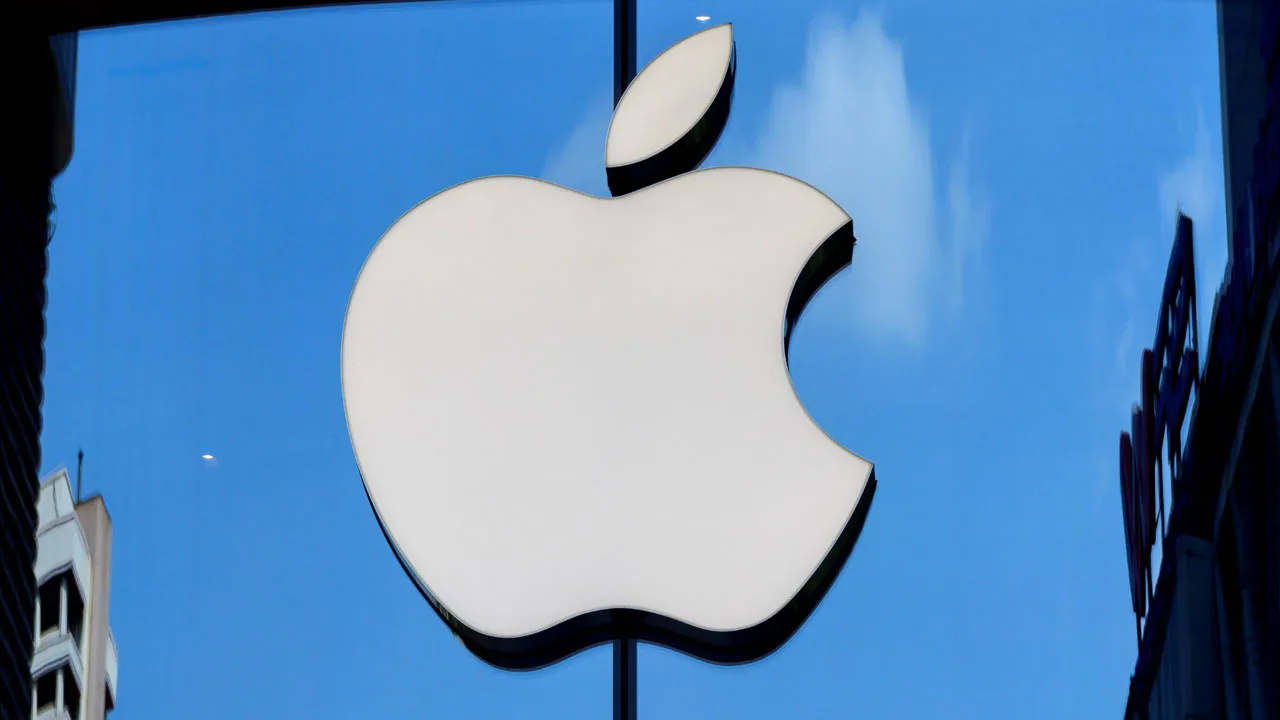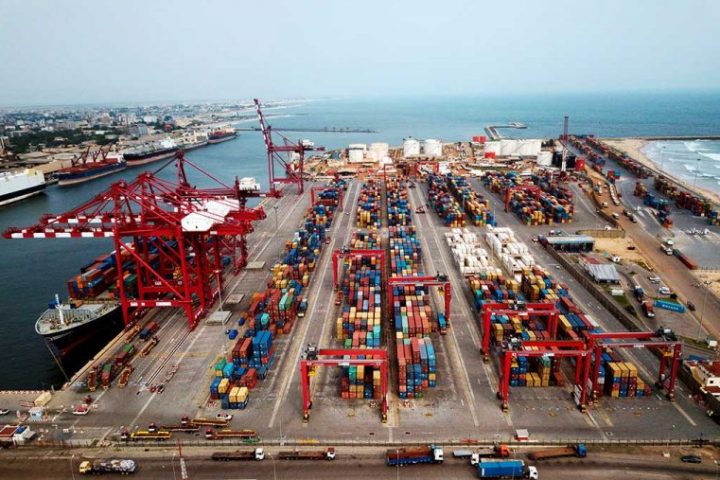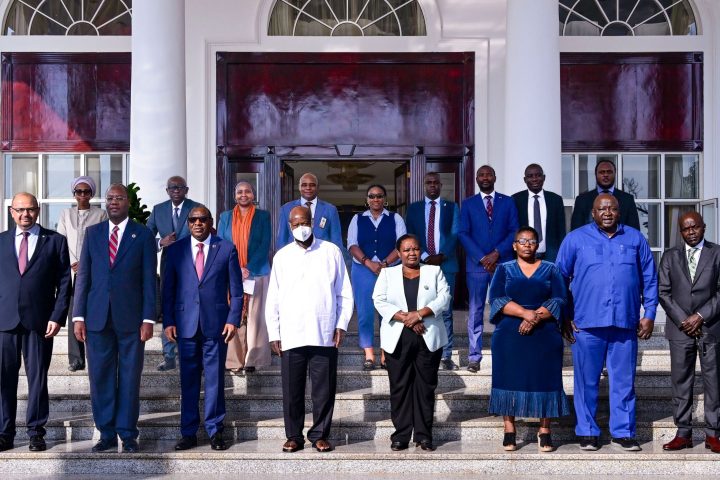The Democratic Republic of the Congo (DRC) has launched a criminal case against Apple, accusing the company of using illegally mined minerals in its products.
The lawsuit, filed in courts in Paris and Brussels, claims that Apple’s supply chain includes “blood minerals” from conflict-ridden areas in eastern DRC and Rwanda.
Join our WhatsApp ChannelREAD ALSO: Apple Removes Meta’s WhatsApp, Threads, Others From App Store In China Over Security Issues
Accusations Against Apple’s Supply Chain
The legal filings accuse Apple’s European subsidiaries in France and Belgium of supporting an illegal supply chain while misleading consumers about the ethical sourcing of minerals. According to the DRC’s lawyers, Apple’s devices contain materials extracted from mines controlled by militias that profit from armed conflict in the region.
William Bourdon, a Paris-based lawyer representing the DRC, said the case is “a first step towards holding one of the largest global tech players accountable for profiting at the expense of grave crimes tainting African mineral supply chains.”
Robert Amsterdam, a Washington-based lawyer for the DRC, called the lawsuit a “first salvo” in a broader effort to challenge multinational corporations linked to conflict minerals. He stated, “Apple cannot continue to hide behind its narrative of supply chain transparency. It is time for accountability.”
Apple’s Response to the Allegations
Apple has denied the accusations, insisting that its supply chain is strictly monitored to ensure ethical sourcing. The company stated that it has “no reasonable basis for concluding” that its products contain minerals sourced from conflict areas.
Apple emphasized its commitment to responsible sourcing and adherence to global human rights standards.
Legal Claims Against Apple
The DRC’s legal team alleges that Apple’s actions amount to war crimes, money laundering, forgery, and consumer deception. The case also highlights the broader issue of corporate responsibility in the sourcing of essential minerals used in electronics such as smartphones, laptops, and electric vehicles.
The lawyers representing the DRC have drawn on reports from the United Nations, the U.S. State Department, and NGOs like Global Witness to support their claims. They argue that Apple’s supply chain directly links the company to human rights abuses, including child labor and environmental destruction.
Impact on Apple’s Global Reputation
The case could have serious implications for Apple’s reputation as it faces increased scrutiny from European regulators and consumers. With Apple’s market value exceeding $3 trillion, the tech giant’s supply chain practices are under the microscope.
Corporate accountability for resource extraction has become a growing concern, especially as European regulators push for stronger due diligence in global supply chains.
Call for Accountability from the EU
The DRC’s lawyers have reached out to European Commission President Ursula von der Leyen, calling for dialogue on how to strengthen accountability in mineral supply chains. They argue that tighter regulations are needed to prevent armed groups from profiting from illegal mining in Africa.
“This case is not just about Apple,” said lawyer William Bourdon. “It’s about ensuring that European companies abide by ethical standards when sourcing minerals from conflict zones.”
Broader Context of Mineral Exploitation in Africa
The DRC’s eastern region has long been affected by militia violence, much of it driven by competition for control of valuable resources like tin, tungsten, tantalum, and gold. These minerals are essential for the production of consumer electronics and electric vehicles, making the region’s resources a global economic interest.
The resurgence of the M23 rebel group since late 2021 has intensified conflict in the DRC’s mineral-rich areas. The DRC government accuses Rwanda of supporting the M23 group, an allegation Rwanda denies. Armed groups have taken advantage of the instability to control mining operations, which are then linked to international supply chains.
What’s Next for the Case Against Apple?
The DRC’s legal team has signaled its intention to expand the case, with more legal actions expected against other multinational companies that rely on minerals from the region. Robert Amsterdam noted that the DRC aims to “disrupt the global system of exploitation” by holding corporations responsible for the human cost of their supply chains.
For Apple, the case presents a significant challenge. With global calls for ethical sourcing growing louder, the outcome of this lawsuit could set a precedent for how multinational corporations address human rights violations linked to their supply chains. If found guilty, Apple’s legal and financial exposure could increase significantly, affecting its position as a leader in corporate responsibility.
Emmanuel Ochayi is a journalist. He is a graduate of the University of Lagos, School of first choice and the nations pride. Emmanuel is keen on exploring writing angles in different areas, including Business, climate change, politics, Education, and others.



















Follow Us